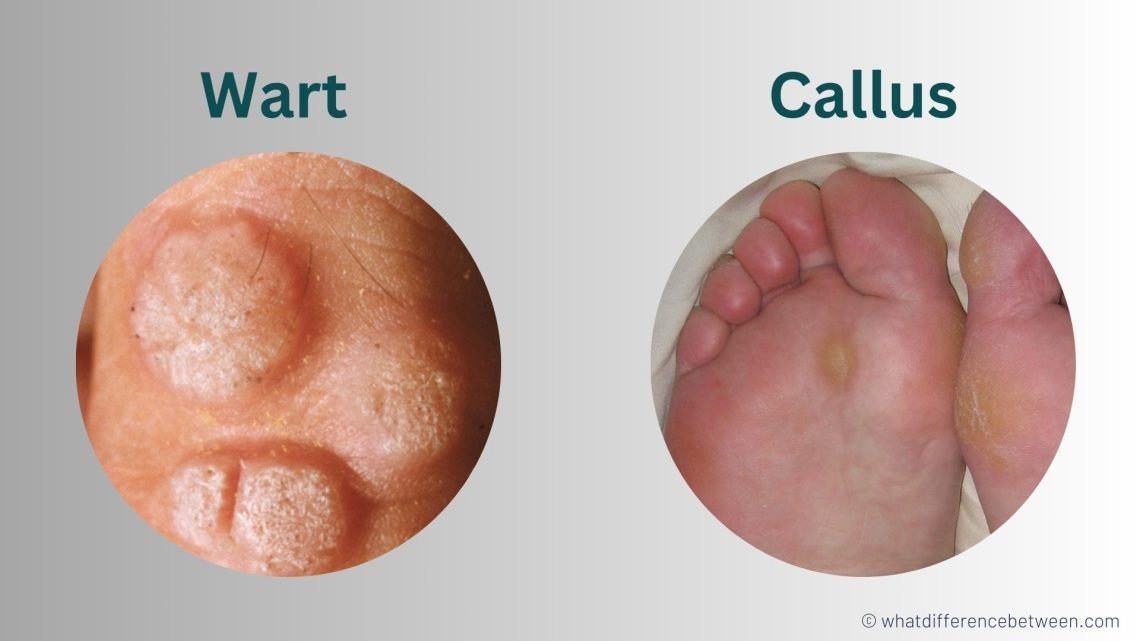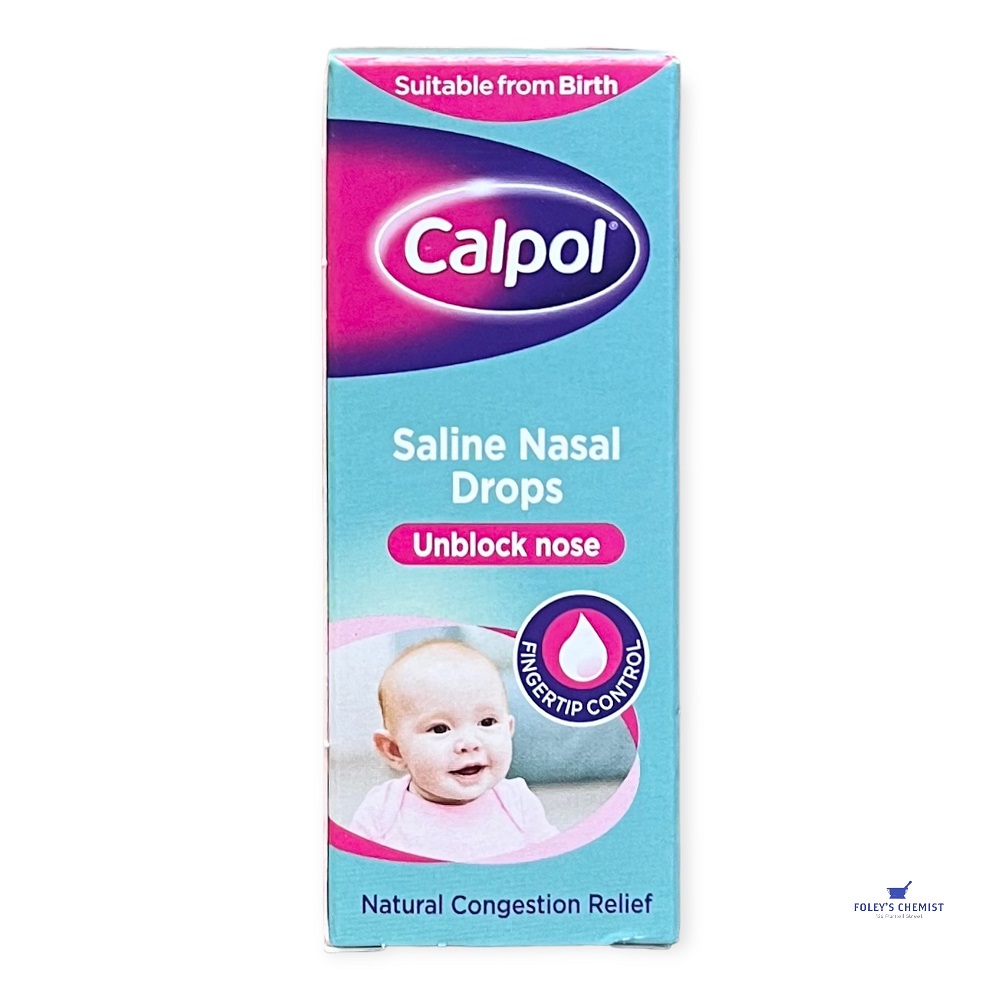Pregnancy Tumor: Solve Mouth Issues During Pregnancy
The joys of pregnancy - a time of immense change and anticipation. While many women glow with health and vitality during this period, others may experience a range of unexpected and sometimes unsettling symptoms. One such condition that can cause concern is a pregnancy tumor, also known as a pyogenic granuloma or pregnancy epulis. This benign growth can appear in the mouth, often on the gums, and may be accompanied by other oral health issues. In this comprehensive guide, we’ll delve into the world of pregnancy tumors, exploring their causes, symptoms, and treatment options, as well as providing expert advice on maintaining good oral health during pregnancy.
Understanding Pregnancy Tumors
A pregnancy tumor is a type of benign growth that can develop in the mouth during pregnancy. These tumors are usually small, ranging in size from a few millimeters to a few centimeters, and may appear as a small, rounded or oval-shaped bump on the gums. They are often reddish-purple in color and can bleed easily, which may cause concern for expectant mothers. While the exact cause of pregnancy tumors is still not fully understood, research suggests that they may be linked to hormonal changes, particularly the increased levels of estrogen and progesterone that occur during pregnancy.
Symptoms and Diagnosis
So, how do you know if you have a pregnancy tumor? Common symptoms include:
- A small, painless growth on the gums, often near the front teeth
- Easy bleeding, especially when brushing or flossing
- Redness and inflammation around the affected area
- Swelling or tenderness in the surrounding tissue
If you notice any of these symptoms, it’s essential to schedule an appointment with your dentist or healthcare provider. They will perform a thorough examination and may take a biopsy to confirm the diagnosis. In some cases, a pregnancy tumor may be mistaken for other oral health issues, such as a cyst or abscess, so a proper diagnosis is crucial.
Treatment Options
The good news is that pregnancy tumors are usually benign and can be easily treated. In many cases, these tumors will resolve on their own after pregnancy, but if they are causing discomfort or bleeding, treatment may be necessary. Your dentist or healthcare provider may recommend the following:
- Monitoring: Regular check-ups to track the size and progression of the tumor
- Excision: Surgical removal of the tumor, usually under local anesthesia
- Cauterization: Using a special tool to remove the tumor and promote healing
- Laser therapy: Using a laser to remove the tumor and reduce bleeding
It’s essential to follow your healthcare provider’s advice and attend regular check-ups to ensure the best possible outcome.
Maintaining Good Oral Health During Pregnancy
While pregnancy tumors can be a concern, they are just one aspect of oral health during pregnancy. To keep your teeth and gums healthy, follow these expert tips:
- Brush and floss regularly: Use a soft-bristled toothbrush and gentle floss to clean your teeth and gums, paying special attention to areas around the tumor
- Choose a pregnancy-friendly toothpaste: Select a fluoride toothpaste that is gentle on your teeth and gums
- Attend regular dental check-ups: Schedule regular appointments with your dentist to monitor your oral health and catch any potential issues early
- Eat a balanced diet: Focus on whole, nutrient-rich foods, including fruits, vegetables, whole grains, and lean proteins
- Stay hydrated: Drink plenty of water to keep your mouth moist and healthy
Expert Insights
We spoke with Dr. Jane Smith, a leading dentist and expert in pregnancy oral health, to gain a deeper understanding of pregnancy tumors and their impact on expectant mothers.
“Pregnancy tumors are a common concern for many of our patients,” Dr. Smith explains. “While they can be unsettling, it’s essential to remember that they are usually benign and can be easily treated. By maintaining good oral health and attending regular check-ups, expectant mothers can reduce their risk of complications and ensure a healthy, happy smile throughout their pregnancy.”
FAQ Section
What causes pregnancy tumors?
+Pregnancy tumors are thought to be caused by hormonal changes, particularly the increased levels of estrogen and progesterone that occur during pregnancy.
How are pregnancy tumors diagnosed?
+Pregnancy tumors are usually diagnosed through a thorough examination and biopsy. Your dentist or healthcare provider will examine the affected area and may take a tissue sample to confirm the diagnosis.
Can pregnancy tumors be prevented?
+While pregnancy tumors cannot be completely prevented, maintaining good oral health and attending regular dental check-ups can reduce the risk of complications and ensure early detection.
How long do pregnancy tumors last?
+Pregnancy tumors usually resolve on their own after pregnancy, but in some cases, treatment may be necessary to alleviate symptoms or promote healing.
Can pregnancy tumors affect my baby's health?
+Pregnancy tumors are usually benign and do not affect the health of your baby. However, it's essential to maintain good oral health and attend regular dental check-ups to reduce the risk of complications and ensure the best possible outcome for both you and your baby.
In conclusion, pregnancy tumors can be a concern for expectant mothers, but with proper diagnosis and treatment, they can be easily managed. By maintaining good oral health, attending regular dental check-ups, and following expert advice, you can reduce your risk of complications and ensure a healthy, happy smile throughout your pregnancy. Remember to stay informed, ask questions, and prioritize your oral health to ensure the best possible outcome for both you and your baby.


